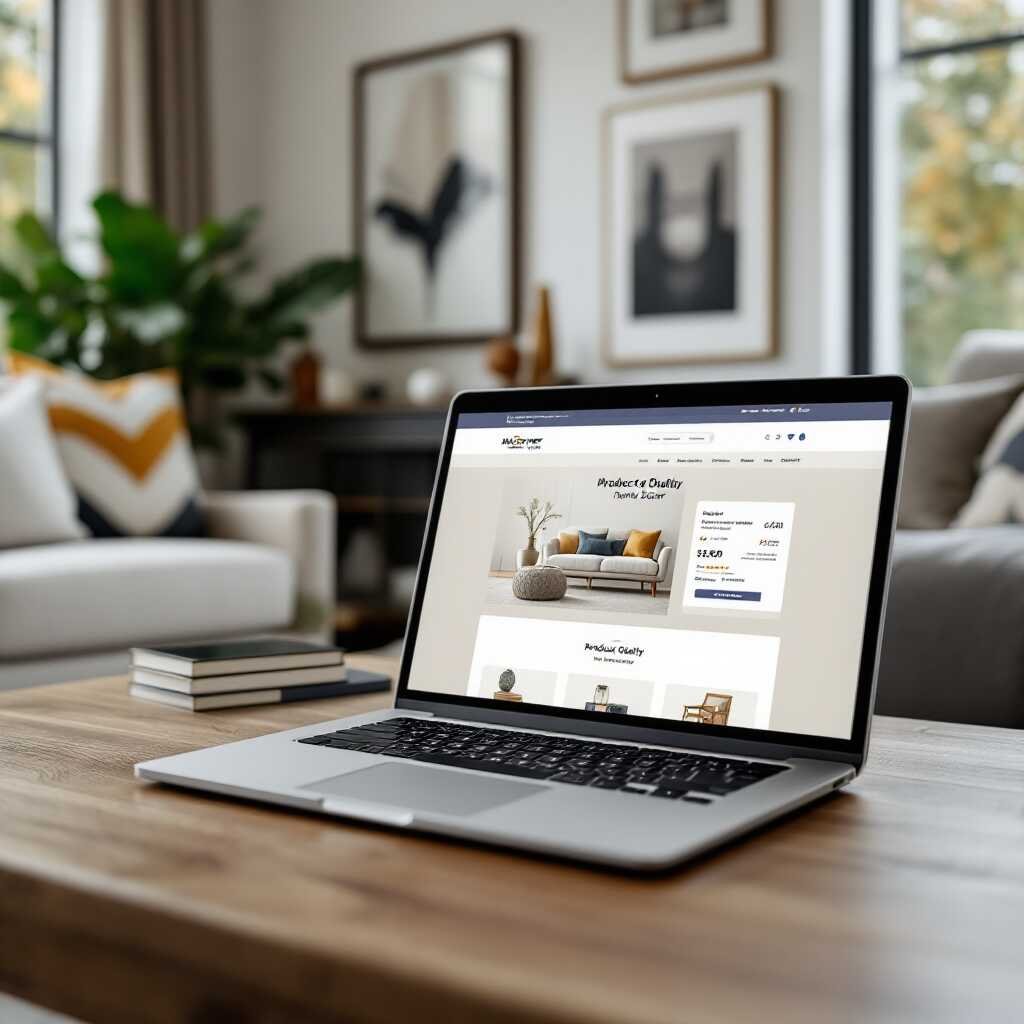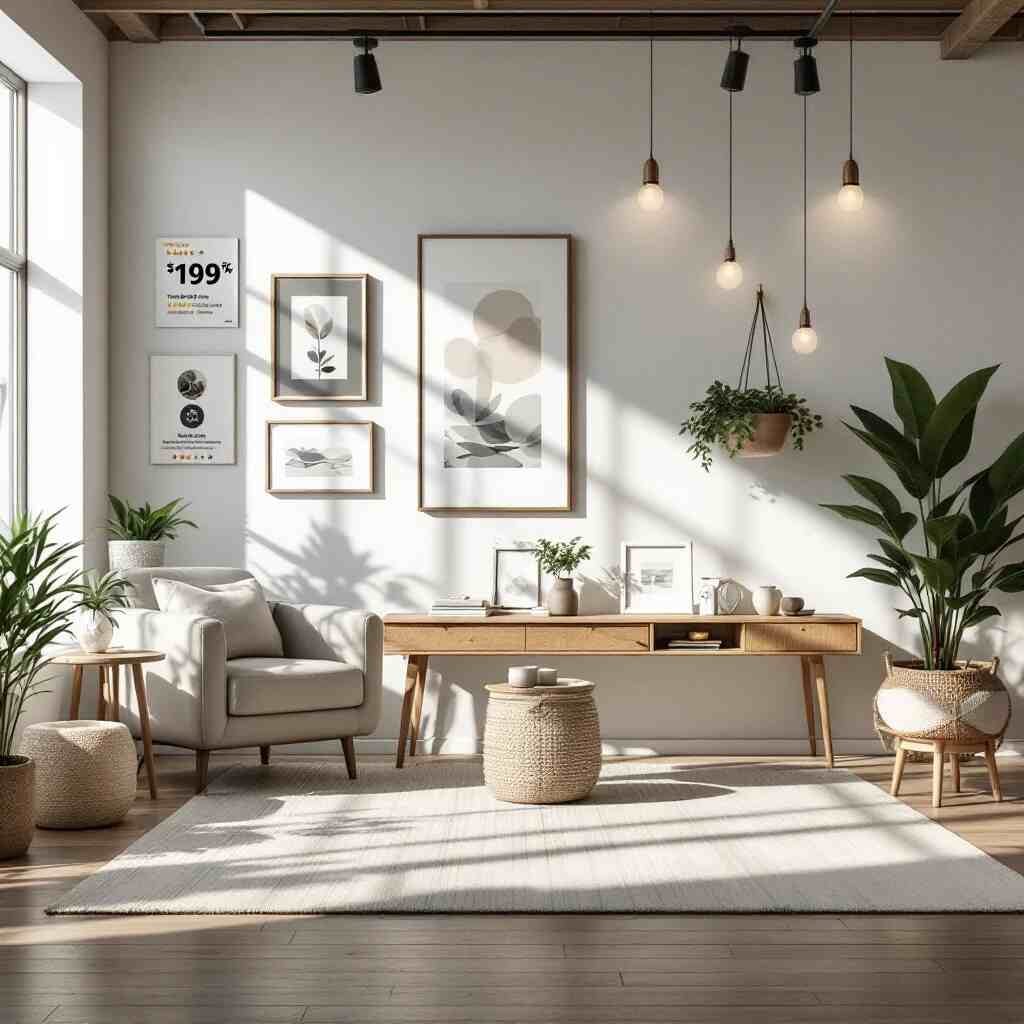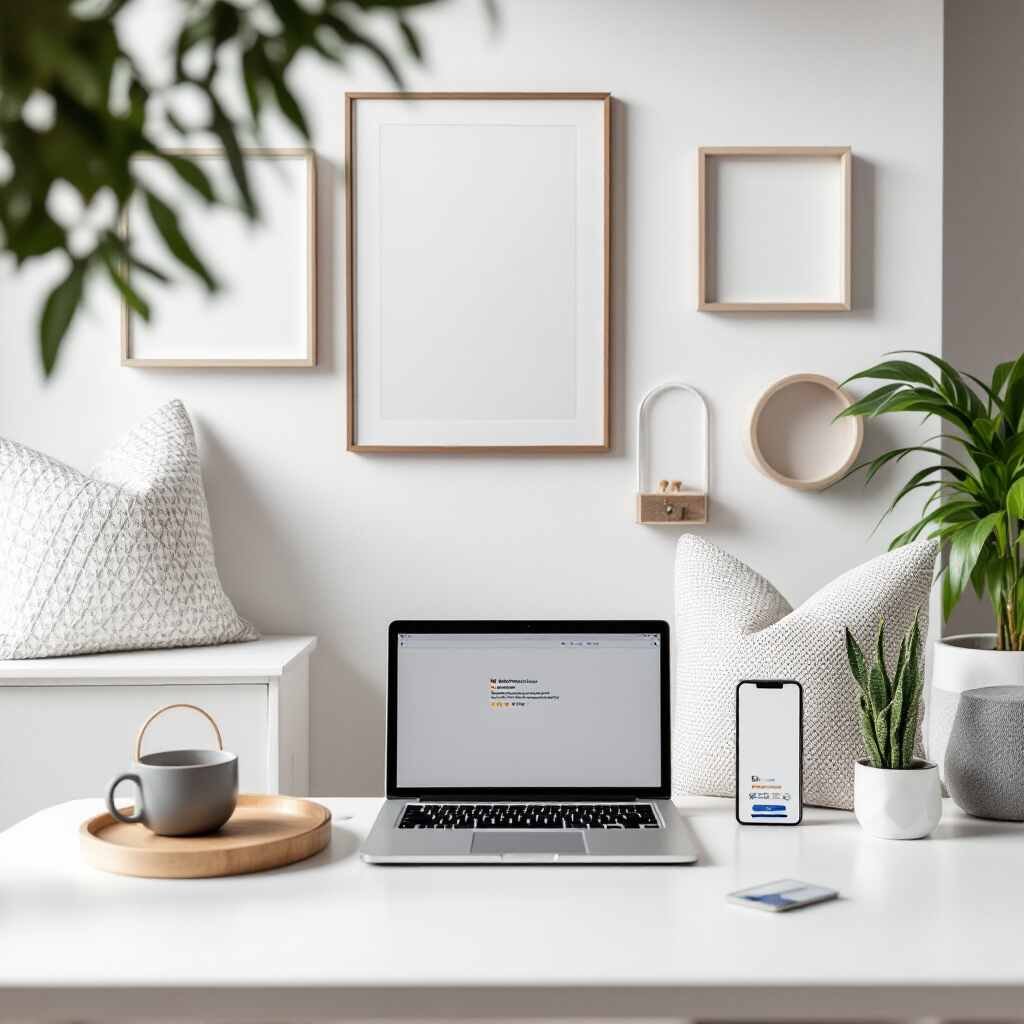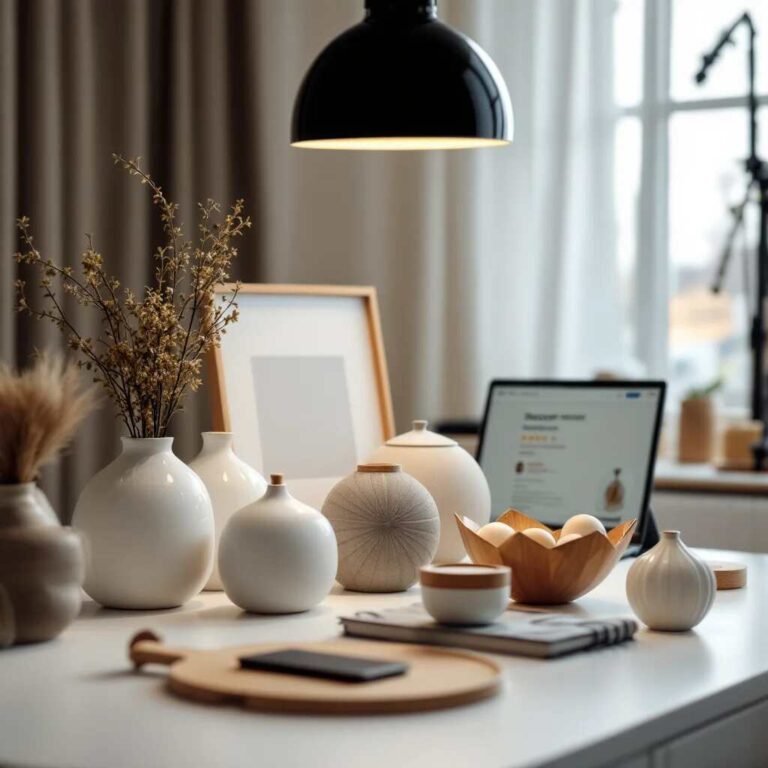The home decor industry is thriving like never before. With growing interest in creating personalized and aesthetically pleasing spaces, more people are investing in home decor products and services. This boom in the market makes it an excellent time to start your own home decor business.
Entrepreneurship in this sector offers endless opportunities for creativity, innovation, and success. Whether you’re someone passionate about interior design or looking for a profitable venture.
Understanding the Home Decor Industry
What is a Home Decor Business?
A home decor business offers products or services that enhance the look and feel of living spaces. This could range from selling decorative items like cushions and rugs to providing professional interior design or home staging services.
There are different types of home decor businesses you can explore:
- Product-based businesses: Selling items like furniture, wall art, and lighting.
- Service-based businesses: Offering interior design consultations, home staging, or styling services.
- Combination: Selling products alongside providing design expertise.
The scope of this industry is vast, and it accommodates both creative artisans and savvy entrepreneurs.
Industry Trends and Opportunities
The home decor has seen remarkable growth, fueled by customer demand for unique and stylish interiors. Here are some of the key trends shaping this market:
- Eco-Friendly Decor: Sustainable and eco-conscious materials are in high demand.
- Personalized Products: People love customizable decor items that reflect their personal tastes.
- E-Commerce Growth: Online platforms like Etsy and Amazon have made it easier to reach a global audience.
The market is expected to grow even further in the coming years. If you position your business well within these trends, you can tap into a highly lucrative opportunity.
Who Should Start a Home Decor Business?
Not everyone is cut out for this business, but if you identify with the following traits, you might be a great fit:
- Passion for design: A genuine interest in creating beautiful spaces.
- Attention to detail: An eye for color schemes, textures, and aesthetics.
- Business acumen: The ability to manage sales, marketing, and finances.
While professional training can be helpful, passion and creativity are often the driving forces behind successful home decor businesses.
Laying the Foundation: Research and Planning
Conducting Market Research
Before you start, you need to understand your target audience. Ask yourself:
- Who are your ideal customers? (e.g., homeowners, renters, interior designers)
- What are their preferences and pain points?
- What do they value most in home decor (e.g., affordability, uniqueness, sustainability)?
You should also analyze your competitors to identify gaps in the market. Look at their product offerings, pricing, and marketing strategies. Use tools like Google Trends, social media insights, and surveys to gather data.
Choosing Your Niche
The home decor industry is broad, so choosing a niche allows you to stand out. Here are some popular niches to consider:
- Minimalist Decor: Clean, modern designs with neutral tones.
- Bohemian Style: Vibrant patterns, layered textures, and eclectic vibes.
- Luxury Home Decor: High-end materials and exclusive designs.
- DIY and Handmade Items: Craft-focused products with a personal touch.
Select a niche that aligns with your interests and your target audience’s demands.
Defining Your Unique Selling Proposition (USP)
Your USP is what makes your business different. It’s the reason customers will choose you over competitors. For example:
- Offering only sustainably sourced products.
- Specializing in custom, made-to-order decor.
- Providing free design consultations with every purchase.
A strong USP ensures you stand out in a crowded market.
Crafting a Winning Business Plan
Essential Elements of a Business Plan
A business plan acts as your roadmap. Here’s what it should include:
- Executive Summary: A brief overview of your business idea.
- Objectives and Vision: What do you hope to achieve?
- Product and Service Offerings: Clearly outline what you’ll sell and your services.
Financial Planning and Budgeting
Understanding your costs is critical. Here’s a breakdown of typical startup expenses: | Expense | Estimated Cost Inventory | $5,000 – $15,000 Website Development $1,000 – $5,000 Marketing $500 $2,000/month Business Registration $100 – $500
Don’t forget to calculate pricing strategies and project your revenue to ensure long-term profitability.
Legal and Administrative Setup
Here are the steps to legally establish your business:
- Choose a business structure (e.g., sole proprietorship, LLC).
- Register your business and obtain the necessary permits.
- Understand tax regulations and ensure compliance.
Consult a legal or financial advisor to stay on the right side of the law.
Building Your Brand Identity
Naming Your Home Decor Business
Your business name should be memorable, unique, and SEO-friendly. For example, a name like “Eco Luxe Living” might work if you focus on eco-friendly products. Check domain availability and trademark your name to protect your brand.
Designing a Logo and Visual Identity
A professional logo and consistent branding are essential for building trust. Invest in a designer or use tools like Canva to create a logo that reflects your brand values.
Creating a Compelling Brand Story
Your brand story should connect emotionally with your audience. Share your passion for home decor, your journey, and how your products make a difference in people’s lives. A great story builds loyalty.
Sourcing and Creating Products
Deciding What to Sell
You can either make your products or source from suppliers. Handmade items add a personal touch, while curated products allow you to scale faster.
Sustainable and Ethical Sourcing
Today’s customers care about sustainability. Use eco-friendly materials and partner with ethical suppliers to build trust and attract conscious consumers.
Setting Up Your Sales Channels
Online Store vs. Physical Retail
Decide whether you want an online store, a physical shop, or both. Online stores have lower startup costs, while physical shops offer a tactile shopping experience.
Building an E-Commerce Website
Platforms like Shopify and WooCommerce make setting up an online store easy. Ensure your website has:
- High-quality images.
- Detailed product descriptions.
- Easy navigation and checkout.
Marketing Your Home Decor Business
Social Media Marketing
Platforms like Instagram and Pinterest are ideal for showcasing your products. Create engaging posts, collaborate with influencers, and run paid ads to reach more customers.
Content Marketing
Write blogs about decor tips, trends, and DIY projects. This not only positions you as an expert but also boosts your website’s SEO.
You may also read (your house is decorated).
